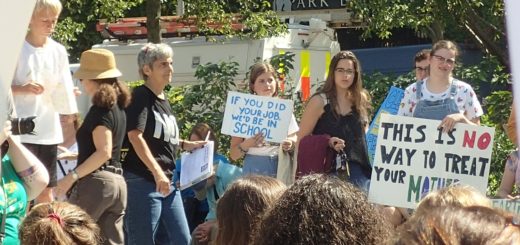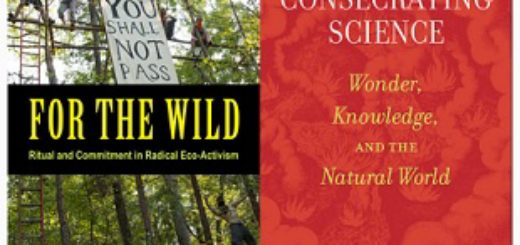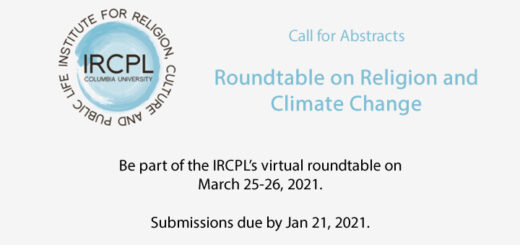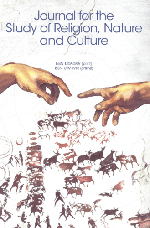Environmental Gains Are Not a Silver Lining of COVID-19 – Amanda Baugh
We’re are pleased to share this insightful article in the Berkeley Forum written by our own Amanda Baugh on the intersections of environmental justice and the coronavirus. In her piece, Baugh argues against the tendency of some environmental proponents, who she most closely identifies with ecocentric philosophies, to celebrate the reduced human harms to the natural world from the global pandemic. While the ecological benefits are important, Baugh worries this focus ignores the racialized and class dynamics that leave frontline and vulnerable communities more at risk in a pandemic, a key concern for environmental justice advocates.
Here is an excerpt from here article in the Berkeley Forum:
If we are tempted to see the large-scale, rapid responses to the current pandemic as a model for responding to the climate emergency, this moment also demands that we acknowledge the vast disparities in the ways that both the crisis, and our human responses to it, have played out for different human communities. Enacting what Elaine Nogueira-Godsey calls decological praxis, conversations about using this as a model must include reflections on the ways that our choices “enable [some] people to survive at the expense of others.”
Celebrations of the pandemic’s positive outcomes for the environment come from a position of ecocentrism, a viewpoint that all lifeforms have inherent value and the earth transcends the importance of any one species. But the COVID-19 pandemic is placing in stark relief the reality that environmental justice activists have warned about for decades: Vulnerable communities suffer from environmental problems on a massively disproportionate scale. Disparities of wealth, opportunity, and power are playing out predictably when it comes to coronavirus illnesses and deaths. COVID-19 is not an equal opportunity killer, as Charles Blow points out, because social distancing is a privilege. Discussions about any potential environmental benefits of the pandemic must acknowledge the specific human lives that are being sacrificed to enable some of us to protect the environment, and ourselves, by sheltering in place.
You can read the full article online here.












